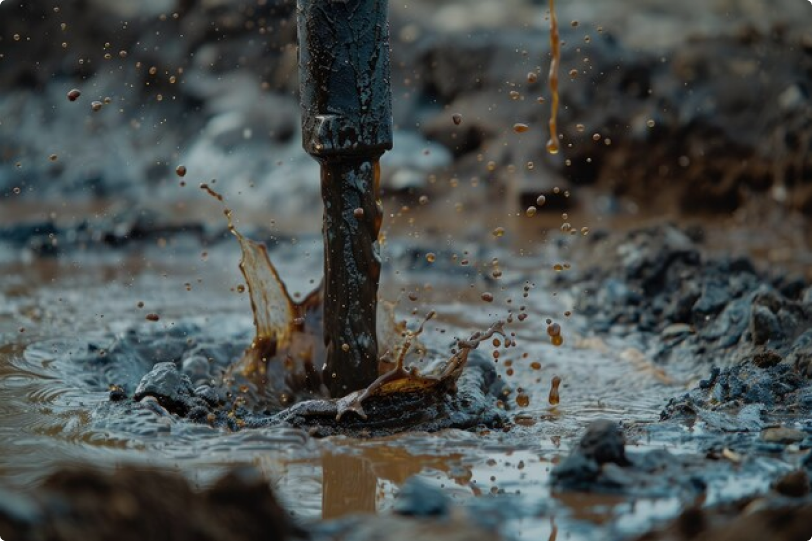

Galvanizing involves coating steel or iron with a protective layer of zinc, typically by hot-dipping, to prevent corrosion.
Oilfields are sites where crude oil is extracted from underground reservoirs using drilling techniques.
Paint and ink are versatile liquid or paste substances used for artistic, decorative, and practical applications.
Animal feed and nutrition focus on providing balanced diets to livestock and pets for optimal health, growth, and productivity.
Water and Waste Treatment involves processes to purify water and manage waste to protect public health and the environment.
Cement and ceramics are essential materials in construction and manufacturing.
Plastics and rubbers are versatile materials widely used in various industries.
Personal and Home Care refers to products and services designed to enhance individual well-being and maintain cleanliness, hygiene, and comfort at home.
Paper and packaging encompass materials and products designed to protect, transport, and present goods.
The food industry encompasses all activities related to the production, processing, distribution, and sale of food products.
Tobacco is a leafy plant primarily grown for its leaves, which are processed and used in various products like cigarettes, cigars, and chewing tobacco.
The textile and leather industries focus on producing fabrics, garments, and leather goods.
Fertilizer is a substance added to soil or plants to supply essential nutrients that promote growth and improve crop yields.
Drilling mud chemicals are additives used in the drilling process to optimize performance, enhance safety, and protect the wellbore.
Copyright © 2024. All rights reserved.